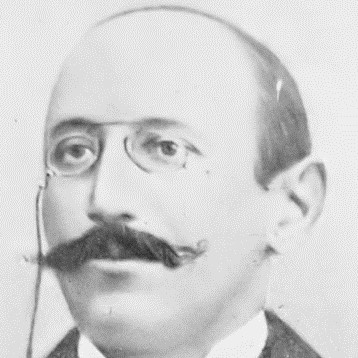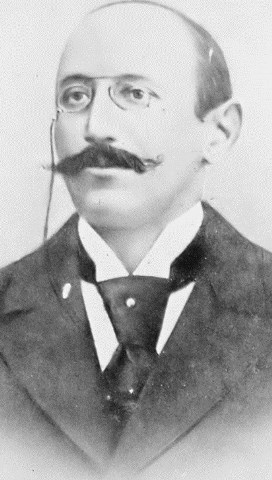
News

When ‘intellectual’ was a swear word
ANT KATZ
France was divided for a
decade by anti-Semitism
 In the political tinderbox that was Europe at the turn of the 19th century, this labelling of Captain Alfred Dreyfus’ supporters ensured that the word intellectual would remain a taboo and that it needed many years to regain its place among polite society.
In the political tinderbox that was Europe at the turn of the 19th century, this labelling of Captain Alfred Dreyfus’ supporters ensured that the word intellectual would remain a taboo and that it needed many years to regain its place among polite society.
According to WIKIPEDIA, the Dreyfus affair (l’affaire Dreyfus) was a political scandal that from its beginning in 1894, divided France until it was finally resolved in 1906. The affair is often seen as a modern and universal symbol of injustice and remains one of the most striking examples of a complex miscarriage of justice, where a major role was played by the press and public opinion.
The scandal began in December 1894, with the treason conviction of Captain Alfred Dreyfus, pictured at right, a young French artillery officer of Alsatian and Jewish descent. Sentenced to life imprisonment for allegedly communicating French military secrets to the German Embassy in Paris, Dreyfus was imprisoned on Devil’s Island in French Guiana, where he spent nearly five years.
However evidence came to light in 1896 – primarily through an investigation instigated by one Georges Picquart, the head of counter-espionage – identifying a French Army major named Ferdinand Walsin Esterhazy as the real culprit.
After high-ranking military officials suppressed the new evidence, a military court unanimously acquitted Esterhazy after a trial lasting only two days.
The conviction and the brouhaha which followed is today widely believed to have been a miscarriage of justice based upon faulty espionage and blatant anti-Semitism, as well as a hatred of the German Empire following its annexation of Alsace and part of Lorraine in 1871
The Army then accused Dreyfus of additional charges based on falsified documents. Word of the military court’s framing of Dreyfus and of an attempted cover-up began to spread, chiefly owing to J’accuse, a vehement open letter published in a Paris newspaper in January 1898 by famed writer Émile Zola. Activists put pressure on the government to reopen the case.
The second miscarriage of justice
In 1899, Dreyfus was returned to France for another trial. The intense political and judicial scandal that ensued divided French society between those who supported Dreyfus (now called “Dreyfusards”), such as Anatole France, Henri Poincaré and Georges Clemenceau, and those who condemned him (the anti-Dreyfusards), such as Édouard Drumont, the director and publisher of the anti-Semitic newspaper La Libre Parole. The new trial resulted in another conviction and a 10-year sentence but Dreyfus was given a pardon and set free.
Eventually all the accusations against Alfred Dreyfus were demonstrated to be baseless. In 1906 Dreyfus was exonerated and reinstated as a major in the French Army. He served during the whole of the First World War, ending his service with the rank of lieutenant-colonel. He died in 1935.
The “Affair” from 1894 to 1906 divided France deeply and lastingly into two opposing camps: the pro-Army, mostly Catholic “anti-Dreyfusards” and the anticlerical, pro-republican Dreyfusards. It embittered French politics and encouraged radicalisation.
This story is just one in a series on anti-Semitism on WIKIPEDIA which follow the topics of: Manifestations; Anti-Semitic canards; Anti-Semitic publications; anti-Semitism on the Web; Persecution; and Opposition.





Denis Solomons
October 8, 2015 at 11:11 am
‘An intellecctual is an individual who has the mental process to reason;this can be used as a a defence against confronting unconscious conflict and its stressful emotions .’